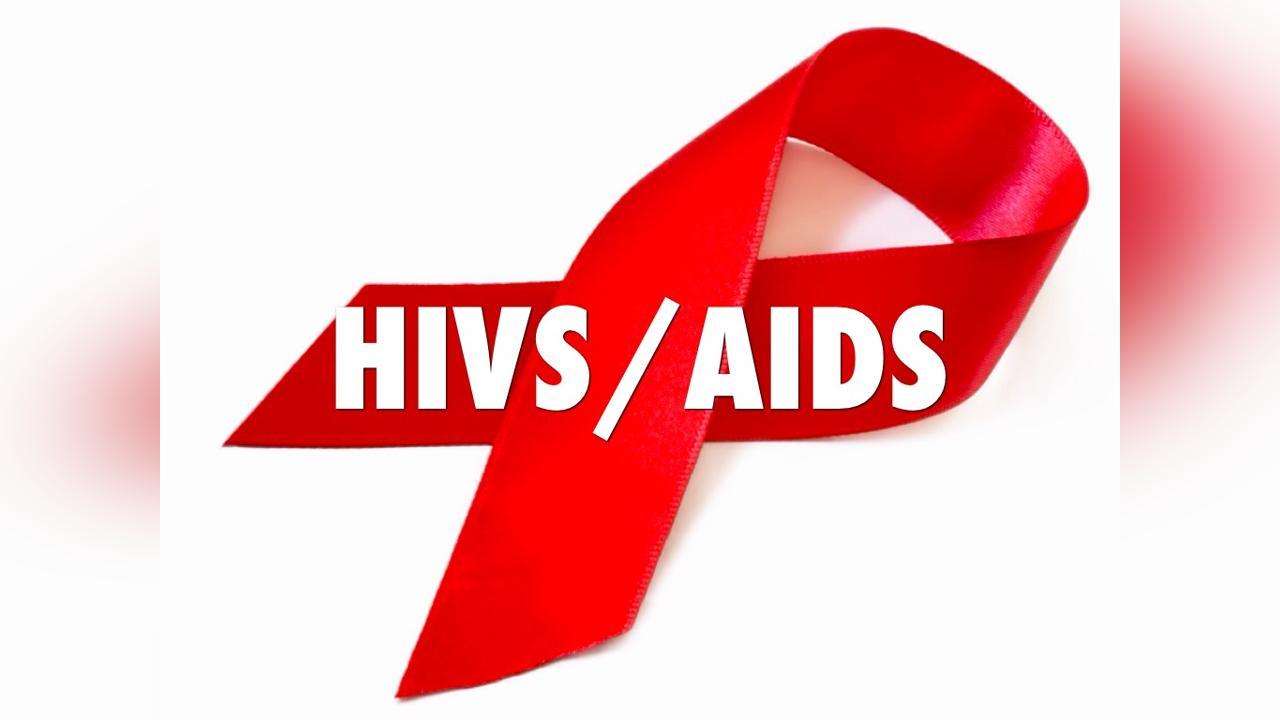Africa-Press – Ghana. In 2004, at the antenatal unit of the Tema General Hospital, a young pregnant woman in her fourth month of gestation with her first child made a decision that changed her life completely and, ultimately, the lives of many others.
She chose to get tested for HIV, not because it was a requirement back then as part of mother-to-child prevention, but out of personal initiative and curiosity.
“When they broke the news, I was shocked,” Maame Esi recalls. “But I didn’t regret testing. That decision allowed me to protect my child,” she said.
Now in her late 40s, this resilient woman, now an HIV Mentor Mother, has turned her trials and experiences into a silver lining for others. She helps HIV-positive mothers navigate life after diagnosis, supporting them through medication adherence, emotional healing, and maternal care.
A Mother’s Determination
Following her diagnosis, she immediately began antiretroviral treatment. “Before giving birth, I was given Nevirapine,” Maame Esi explains, adding that her child was born HIV-negative, thanks to timely intervention and medical support.
She could not breastfeed due to the uncertainty around the risk of HIV transmission through breast milk back then. Instead, she turned to formula feeding, an act that soon became the target of hurtful gossip in her community.
“One day, I sat beside a waakye seller who began gossiping about a woman in the neighbourhood who was feeding her baby with formula instead of breast milk. It was like a sharp knife through my heart,” she says.
The irony is painful, revealing that this same woman later tested positive and, refusing treatment, passed HIV to her child.
But despite the stigma and heartbreak, which included being abandoned by her husband after she tested negative, she persisted, and years later, she remarried a partner who is also HIV-positive, and together, they have had four HIV-negative children.
“I would have regretted it for life if I didn’t take my medications,” she says. “Can you imagine, in this internet age, my children researching and finding out I had access to medication but refused to take it? They would have blamed me forever.”
The Power of Mentorship
Today, she serves as a mentor mother, a trained, HIV-positive woman who supports other HIV-positive pregnant women and new mothers. Her role involves guidance, advocacy, and caring for others.
Through phone calls, clinic visits, and community outreach, she reassures newly diagnosed mothers that their lives and those of their babies are not over.
“Sometimes they think I’m lying, that I’m just trying to encourage them. But I show them proof, which includes my children and my health. Even the health workers back me up.”
She emphasises that being diagnosed with HIV is not a death sentence but the beginning of a new kind of life—one where responsibility and adherence are key.
“HIV should not be seen as a disease but like a sibling staying with you. If you take care of it, it stays quiet, and you live your life.”
Empowering Women, Protecting Generations
Her work does more than promote medication adherence; it helps women reclaim confidence for their lives. She provides knowledge, emotional strength, and a living example of resilience.
“HIV-positive mothers must be empowered to understand their diagnosis, to protect their children, and to live without shame,” she says. “Without empowerment, we lose them to fear, to stigma, and sometimes to death.”
Her story also touches on the vulnerabilities of young girls. Just days ago, she counseled a 15-year-old girl recently diagnosed with HIV. The girl’s mother is negative, meaning she was infected through her own sexual activity. It’s a troubling but common story.
“We must educate our girls not just to avoid pregnancy but to protect themselves from HIV. Too many girls forget that HIV is also lurking around as they go about having sex.,” Maame Esi stressed.
The Gendered Face of HIV in Ghana
According to the Ghana AIDS Commission, data from the 2023 national and sub-national HIV and AIDS estimates and projections showed 17,774 people became newly infected with HIV.
Out of the figure, 6,457 males and 11,317 females became newly infected with HIV in that year.
The number comprises 4,869 youth aged between 15 and 24, 1,698 children under 15, 1,520 adolescents between 10 and 19, and 16,076 adults above 15.
Why are females more vulnerable?
According to the United Nations Programme on HIV/AIDS (UNAIDS), women’s increased vulnerability is due to a combination of biological susceptibility, unequal power dynamics in relationships, gender-based violence, and socioeconomic barriers that limit access to health information and services.
Females are biologically more vulnerable to HIV due to the structure of the female genital tract, which makes it easier for the virus to enter, especially during unprotected sex. Microtears, which may occur during intercourse, can further facilitate transmission.
Other factors include women’s inability to negotiate safe sex practices, such as condom use; also, the lack of economic empowerment and limited access to education can force females to engage in transactional sex.
These factors increase women’s challenges, especially young girls’, highlighting the urgent need for education and empowerment to help them take charge of their lives.
A call to action
As a mentor mother, she does not just share pills and advice; she shares her story. Her lived experience is the bridge between despair and hope for other mothers.
“We need to save our girls,” she says, “and show our mothers that being HIV-positive is not the end of the road; it’s the beginning of a new journey,” she adds.
Source: Ghana News Agency
For More News And Analysis About Ghana Follow Africa-Press







